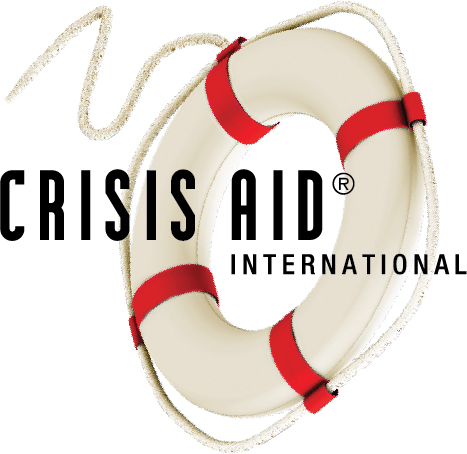WHAT IS SEX TRAFFICKING?
Sex trafficking is a form of modern-day slavery in which individuals perform commercial sex through the use of force, fraud, or coercion. Minors under the age of 18 engaging in commercial sex are considered to be victims of human trafficking, regardless of the use of force, fraud, or coercion.

More than 90% of children who are commercially sexually exploited have been sexually abused in the past.
It is estimated that 76% of transactions for sex with underage girls start on the internet.
Approximately 95% of teenagers as of 2018 had access to a smartphone.
Not only do teenagers have access to a smartphone, but this means they are also are at a higher risk of being exposed to inappropriate content, child pornography, and harassment through the internet.
Seemingly harmless social media apps are tools for predators to prey on children through private messaging, emails, chat rooms, and posing under a false identity on social media to build trust with juveniles then arranging meetings with them.
These are common tactics for traffickers.

Crisis Aid International has taken measures in our promise to “REFUSE TO DO NOTHING” in the United States by collaborating with the St. Louis County Police Department’s Special Investigations Unit (SIU).
This is a specialized unit to house detectives from multiple jurisdictions that work collaboratively to investigate trafficking through internet-related crimes against children.
Juveniles involved in these investigations are not only at high risk for sexual victimization, but they are at an even more heightened risk for the future.
Crisis Aid is one of few organizations in the world to have a physical full-time presence in a police department to support victims of sex trafficking as an extension of Crisis Aid’s U.S. Refuge services, our first safe home in St. Louis for sex trafficking victims.
The office and the U.S. Refuge Home are equipped to help victims of sexual trauma with an inviting, home-like environment.
Earlier this year, Crisis Aid expanded all collaborative work with law enforcement for a new revolutionary pilot program dedicated to developing an improved experience for children and their families in these investigations – C.A.P.P.
Our new pilot program focuses on providing support for families with young children by identifying any potential lack of resources, assisting families with obtaining tools to address high-risk behaviors in youth when appropriate such as internet safety tips and easy access to individual and family counseling.
For teens who have been victimized or identified as at high-risk, Crisis Aid advocacy staff provides emotional support through the criminal justice process, safety preventions, and information on trauma, resources, and healthy boundaries.
Our goal is to provide support to help young people heal from their experiences and mitigate the likelihood of the child falling prey to further victimization.

